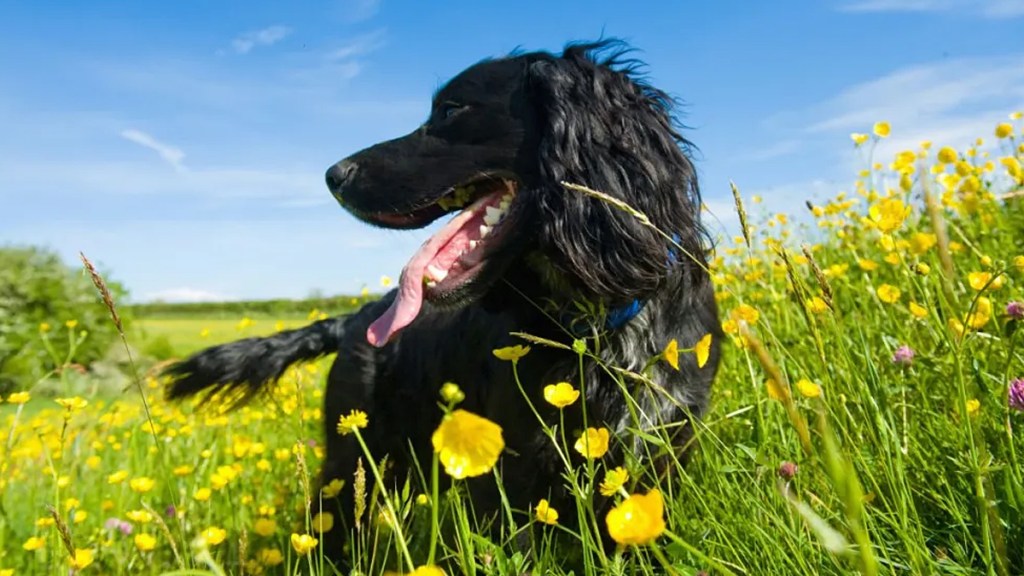New information about which dog breed has higher cancer rates than others has been uncovered. In a recent study, scientists have identified dog breeds with a potential higher susceptibility to cancer. Additionally, this research has challenged the misconception that the largest breeds face an increased chance of getting cancer.
Which dog breeds have a higher risk of cancer?
The results of the study published in Royal Society Open Science say that while not the largest, large dog breeds typically have high cancer rates. These breeds include Flat-Coated Retrievers, Bernese Mountain dogs, and Westies.
Leonard Nunney, an evolutionary biologist at the University of California, Riverside, and the lead of the research, explained that the researchers aimed to investigate the initiation and progression of cancer. They particularly wanted to explore its relationship with different dog breeds.
Nunney pointed out that in humans, a pattern suggests that larger bodies are more susceptible to cancer. However, this correlation does not exist for our canine companions, according to the research.
He explained that because larger dogs tend to have shorter lifespans, they actually face a lower risk of developing cancer compared to medium-sized canines. In his words, “That’s simply because they’re dying younger.”
Moreover, Nunney mentioned that Flat-coated retrievers are highly prone to a type of sarcoma, a rare cancer affecting bones and soft tissues. He also noted that terriers, particularly Scottish Terriers have a greater disposition to cancer. They have high chances of getting bladder cancer.
One positive discovery of this study is that only a few breeds exhibit a particularly high susceptibility to cancer.
The study’s findings shed light on the genetic mutations contributing to cancer in dogs. It revealed that although inbreeding within a breed may reduce its lifespan, it does not boost the risk of cancer.
Furthermore, Nunney noted that the study’s model can prove useful in the future to monitor whether certain breeds are showing higher rates of specific type of cancer. According to him, “Dogs are an extremely good model for understanding the genetic changes that may lead to a higher susceptibility of specific cancers.”
(H/T ABC News)








